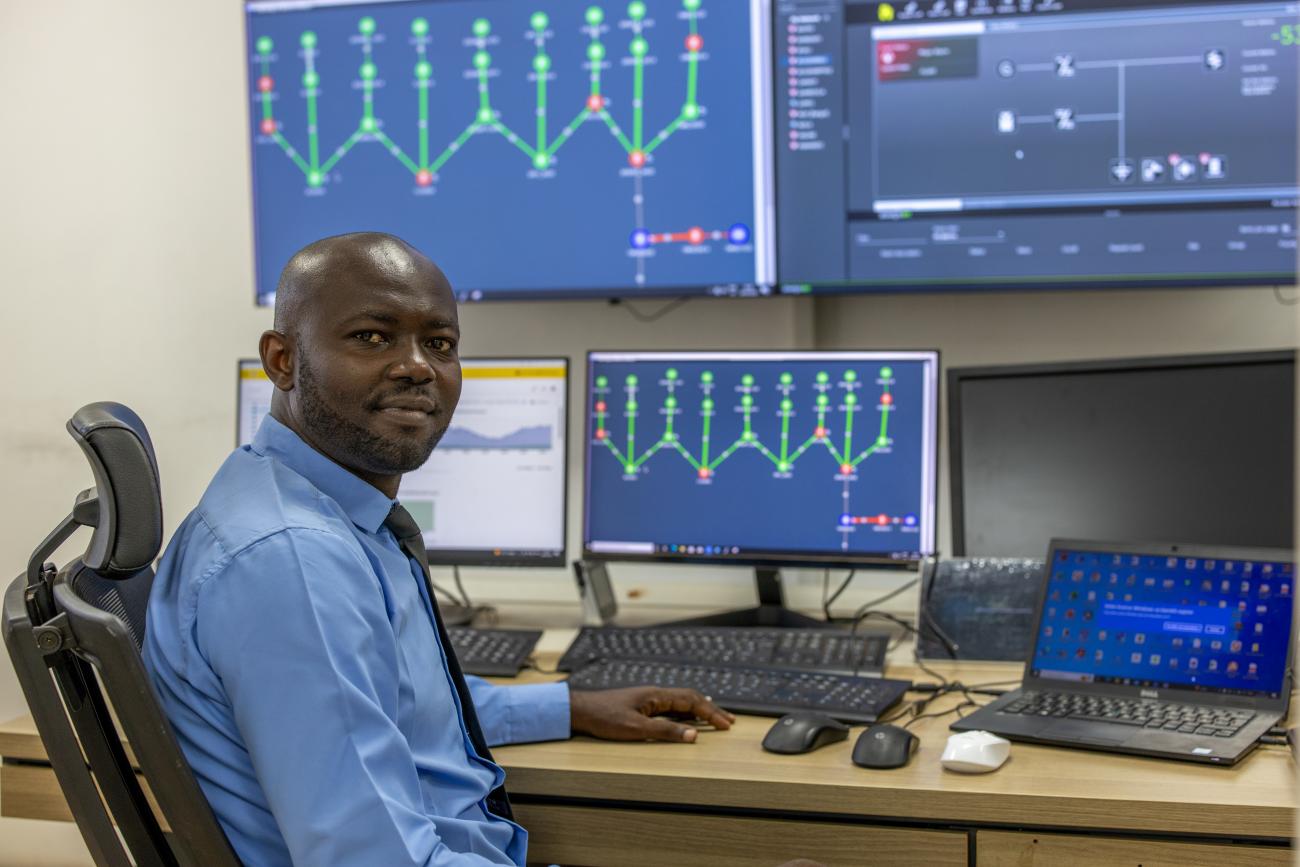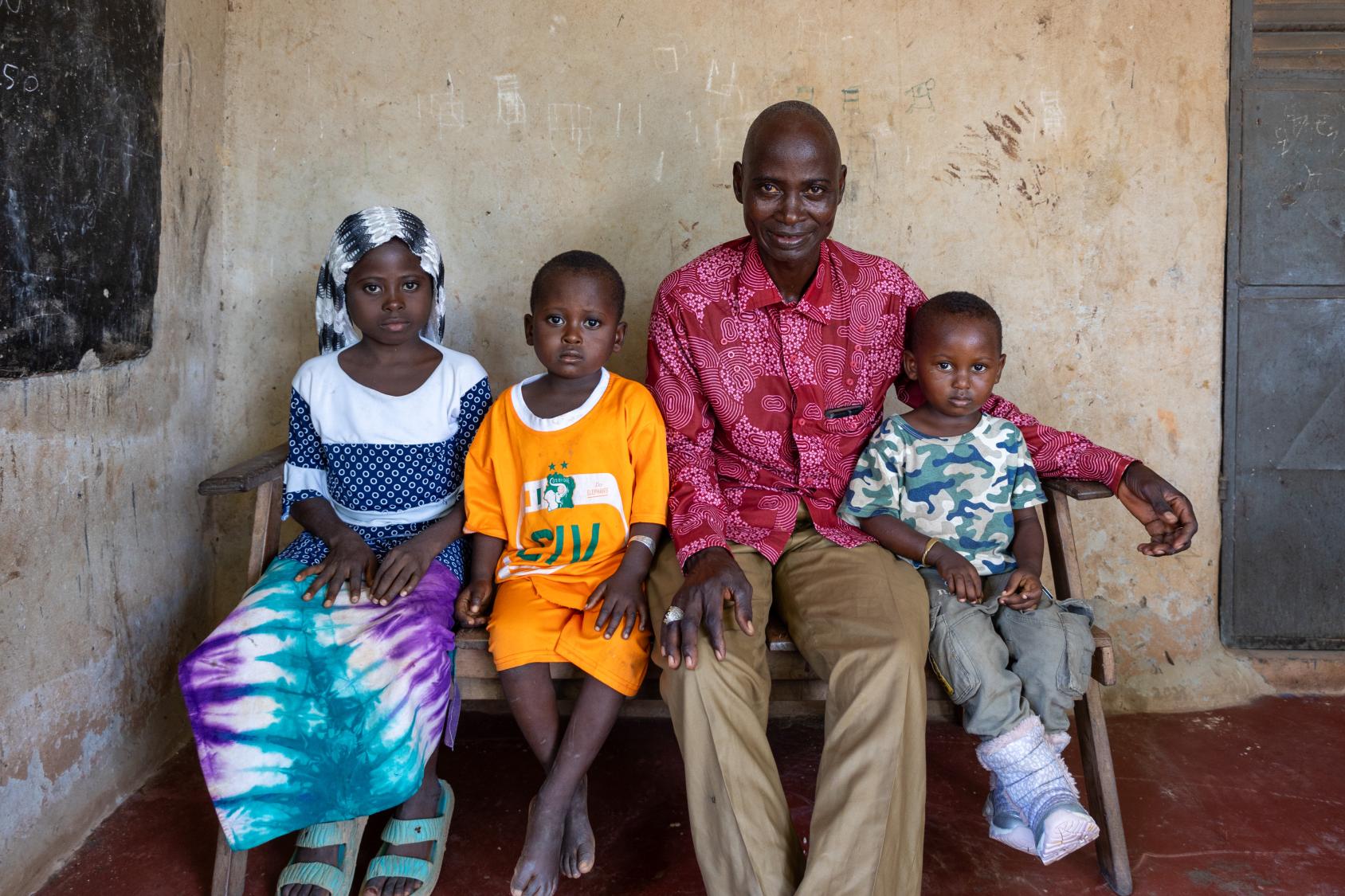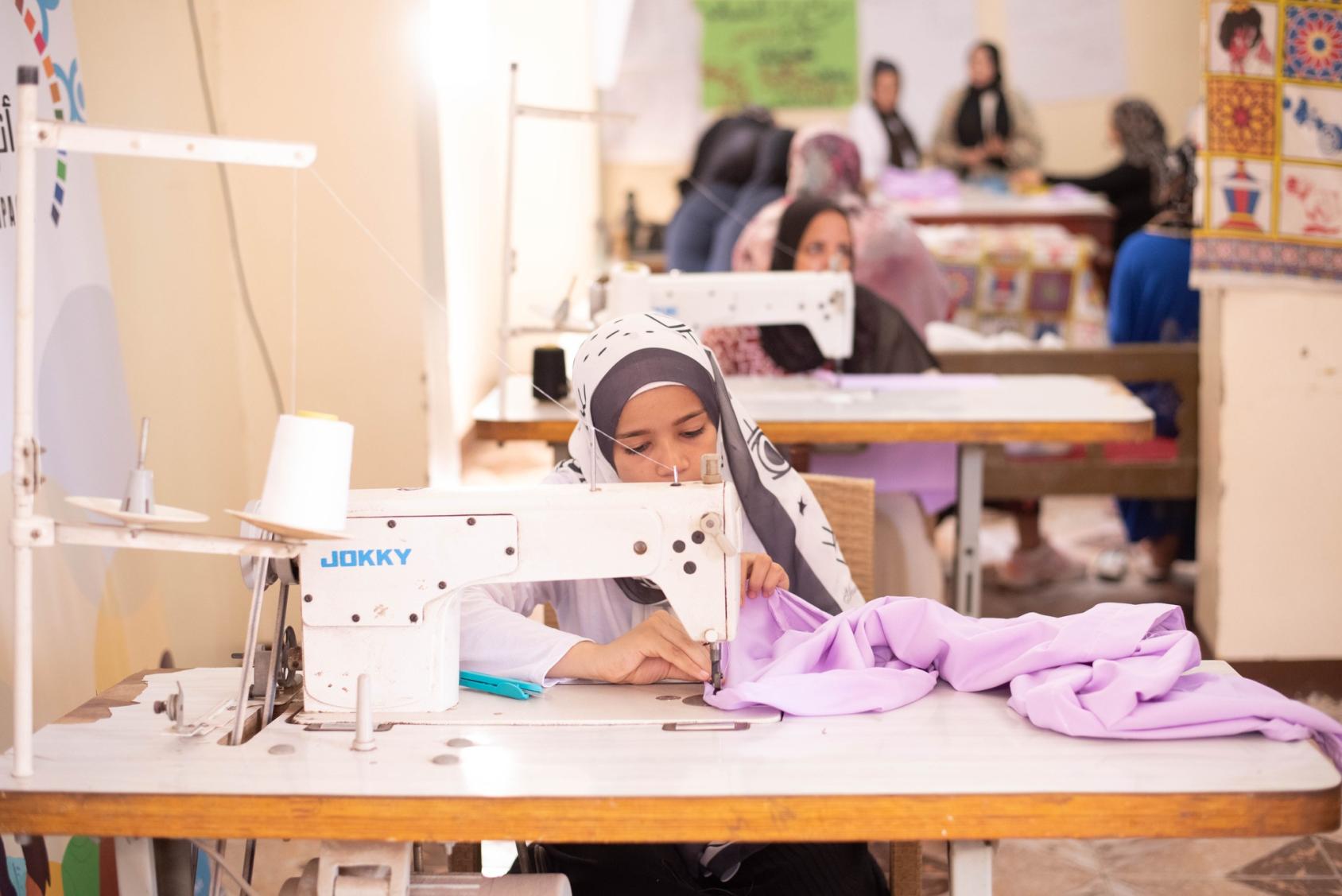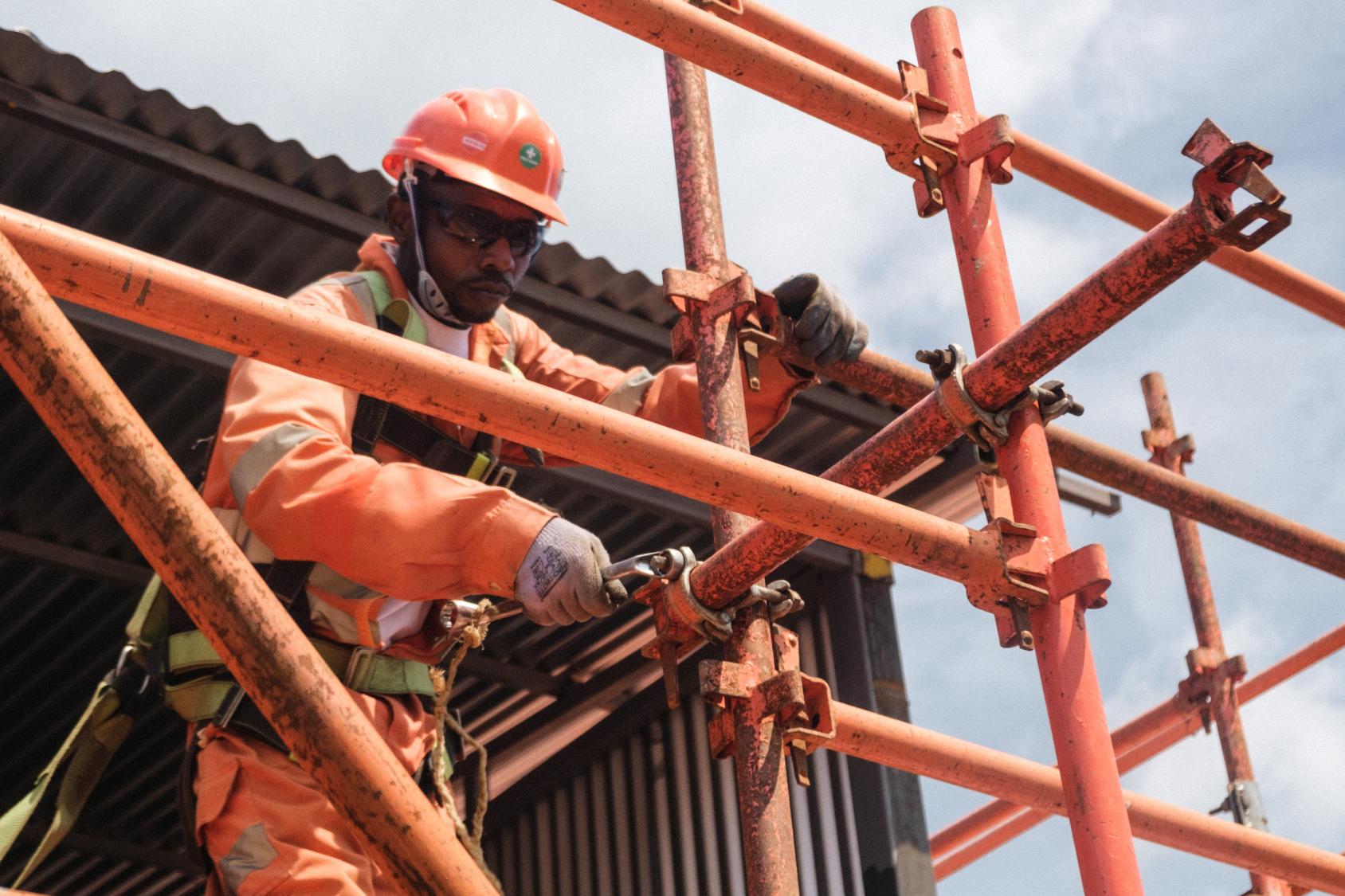Full and Fair Financing for Africa’s Future

As world leaders gathered in Sevilla for the Fourth International Conference on Financing for Development (FfD4), they faced a hard truth: the global financial system is not just failing to deliver for the countries most in need—it is reinforcing inequality.
For Africa, the consequences are especially severe. The continent is grappling with rising trade barriers, climate finance that falls short, illicit financial flows, and mounting debt. Over the last decade, Africa’s external debt has soared—driven by expensive loans that drain budgets meant for schools, hospitals, and infrastructure. In 2020, 22 African countries spent more on debt payments than on healthcare*. Behind these numbers lies a system designed for creditor priorities, not community wellbeing.
The crisis reflects a deeper structural problem: a financial architecture never built with Africa in mind. And it shows. Credit ratings remain biased. GDP per capita continues to be used as a flawed proxy for resilience, despite masking structural fragility. Africa’s representation in global financial institutions remains limited, and its borrowing costs are three to five times higher* than those of wealthier nations.
FfD4 needed to go beyond declarations. It needed to mark a turning point—from fragmented, reactive aid to long-term strategies rooted in resilience, equity, and national leadership. Financing must be a tool for sovereignty, not dependency.

Seville delivered progress—but not enough
The Seville outcome, known as the Compromiso de Sevilla, laid out more than 130 global initiatives. These include new tools like debt-for-development swaps, commitments to scale up multilateral development bank (MDB) lending, and mechanisms to increase access to climate-aligned liquidity. African priorities were clearly reflected—from support for a UN tax convention to new efforts aimed at reducing debt stress and supporting local adaptation.
But key areas remain unresolved. Seville stopped short of mandating broad debt cancellation or binding climate finance commitments. Fossil fuel subsidies remain untouched. And while the outcome text encourages reforms to global financial governance, it avoids tackling outdated voting structures at the IMF and World Bank.
Africa needs more than encouragement. It needs structural change.
Fairer finance for African realities
For financing to be fair, it must reflect real-world vulnerability—not outdated income classifications. African countries need expanded access to concessional finance, especially those disproportionately affected by climate shocks and economic volatility. Risk-calibrated frameworks must replace rigid thresholds.
Development partners must align support with national strategies, rather than imposing fragmented, donor-driven agendas. Seville made clear that concessional financing should remain accessible to middle-income countries facing systemic risks—a win for African transition economies.
And while representation in global financial institutions matters, it must come with real agency and influence. The ability to shape—not just observe—decisions is what will make reforms meaningful.

Homegrown solutions, Global recognition
Africa is not waiting for permission to lead. Across the continent, governments are building momentum toward financial independence. The African Union’s establishment of the African Credit Rating Agency (ACRA) is a milestone—offering a context-sensitive alternative to global agencies that often misjudge African economies. The African Continental Free Trade Area (AfCFTA) is unlocking regional trade and economic resilience.
At the country level, progress is visible. Benin has launched a Development Finance Policy to attract green capital. Rwanda and Burkina Faso are expanding their tax base and reducing exemptions. Côte d’Ivoire, Togo, Egypt, and Mali are using diaspora bonds to tap homegrown investment. These reforms signal a continent taking ownership of its financial future.
What’s needed now is a global financial system that meets Africa where it is: reforming institutions, scaling catalytic investment, and supporting national systems instead of substituting them.
Resident Coordinators: Connecting finance with impact
Across the continent, UN Resident Coordinators (RCs) are helping to translate global reform into country-level impact. As trusted partners to governments, they are aligning cross-sector strategies, coordinating financing, and brokering key partnerships.
In Egypt, the RC helped launch an Integrated National Financing Framework (INFF) and mobilized support for green and gender bonds. In Mauritius and Seychelles, six UN agencies are working under RC leadership to design gender-responsive financing strategies that drive the green and blue economy agenda.
In Mauritania, the RC co-developed an SDG debt swap with Spain and expanded collaboration with the World Bank, IMF, and AfDB. In Namibia, the RC office is supporting efforts to reduce illicit financial flows through a task force backed by the Bank of Namibia, UNCTAD, and UNECA.
Even in complex settings like Burkina Faso, Mali, and Niger, RCs are anchoring transformative initiatives: school meals sourced from local farmers, solar-powered clinics, and youth-led agribusinesses are just a few examples of finance driving real change.
This is the unique value of the RC system—acting as an impartial, trusted bridge between governments, financiers, and development partners, even in complex environments.

From words to action
Africa’s ambition is clear: a future defined by financial sovereignty, regional strength, and homegrown innovation. Seville must do more than raise expectations—it must deliver tools, political will, and institutional mechanisms to close the gap between ambition and action.
This includes rebalancing global governance, operationalizing debt-for-development swaps, ensuring inclusive tax cooperation, and expanding access to affordable, scalable, and climate-aligned finance.
The Addis Ababa Action Agenda laid a foundation, but lacked enforcement. Seville’s Compromiso for Action must go further—transforming rhetoric into reform.
Africa is not asking for favors. It is offering solutions. With coordinated UN support, strong national leadership, and genuine global partnership, Africa can build a future where finance fuels development, not dependency.
This blog was written by UN Development Coordination Office Regional Director for Africa Yacoub El Hillo.
--
* UN Office of the Special Advisor on Africa – Unpacking Africa’s Debt - 2024-nepad-report_en.pdf













